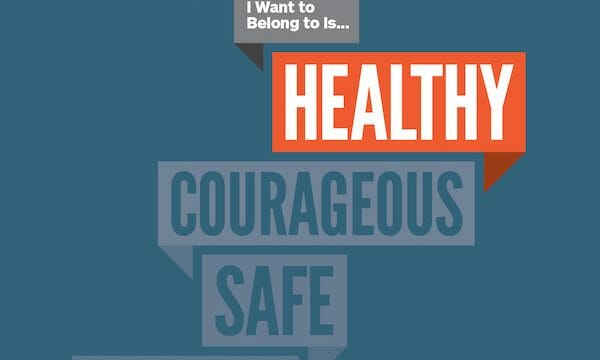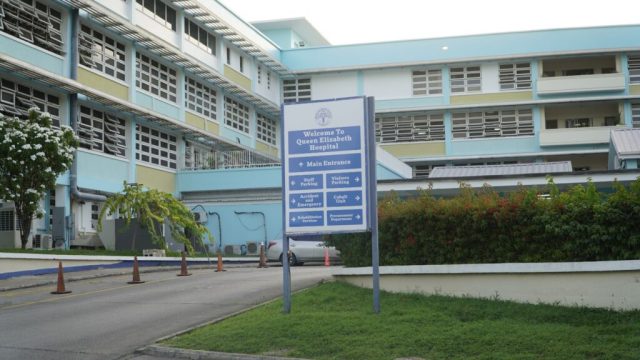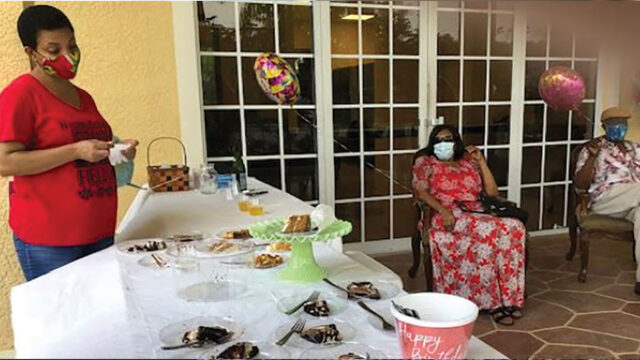Must we still live restrictively?

The pandemic has caused much disruption, and we’re growing weary and impatient to get back to normal living. We’re struggling with how to reintegrate not only work and school but also worship protocols. Do you have advice/guidelines that might help?
The COVID-19 pandemic has changed, in unprecedented ways— through death, illness, and economic woes—our lives and the ways we worship, work, study, and play. We long to get back to in-person meetings and celebrations. We are well into the second year, and although vaccines have decreased infection rate and spread, we face the difficulties of disparities and inequities of ensuring vaccine availability to the global population, as well as regional rollout challenges.
As we together await the time for us to worship and fellowship in personal safely, we need to continue to practice an abundance of caution for the safety of our congregations and the communities we’re privileged to serve (in effect, being our brother’s and sister’s keepers).
All church activities, initiatives, and endeavors should be undertaken within the safety framework of prevailing local, state, and national government directives and regulations, as well as public health recommendations/restrictions in the jurisdictions in which the programs are promoted and implemented. General guidelines are issued by the World Health Organization (WHO), the Pan American Health Organization (PAHO), and country-specific disease control centers.
As circumstances vary, so do the guidelines. It’s for these reasons that the Adventist Church hasn’t issued global guidelines. We’re grateful that our division and union health directors are in close communication with their territories, sharing responsible, regionally sensitive information and guidance. Guidelines such as those listed here will help direct the safety protocols of conducting meetings:
■ Physical (social) distancing is still needed, and where possible and when weather permits, outdoor meetings can be a meaningful and safer option.
■ Mask wearing has been shown to protect our contacts and even ourselves. The countries that have most effectively kept case numbers down have encouraged the use of masks.
■ Singing should be exercised with caution. Wear masks and maintain two-meter/six-foot distancing.
■ The foot-washing service, if possible, should be done in the home setting; otherwise, defer until safe if physical distancing cannot be practiced.
■ Stagger baptism events, avoiding mass baptisms with large numbers of attendees. Use masks, screen (read temperatures), and, if feasible, ask participants to get tested for COVID-19 before the event. Avoid hugs and embracing.
■ Temporarily replace fellowship meals with virtual support-group meetings (phone calls, text messages, Zoom, or other virtual methods) to maintain social connectedness and check on the well-being of church members.
■ Handwashing/hand sanitizing should be encouraged. Ensure adequate facilities/supplies are available.
■ Building/toilet cleanliness should be carefully maintained.
■ Stay home if ill. Don’t attend any gatherings if you feel unwell or have a fever or a cough.
You can find additional helpful information, guidance, and links to other reliable resources on the Adventist Health Ministries website at https://www.healthministries.com/coronavirus/. Immunization information can be found at https://www.healthministries.com/covid-19-vaccines-addressing-concerns-offering-counsel/.
Through this all, we “pray that you may enjoy good health and that all may go well . . . , even as your soul is getting along well” (3 John 2, NIV).








